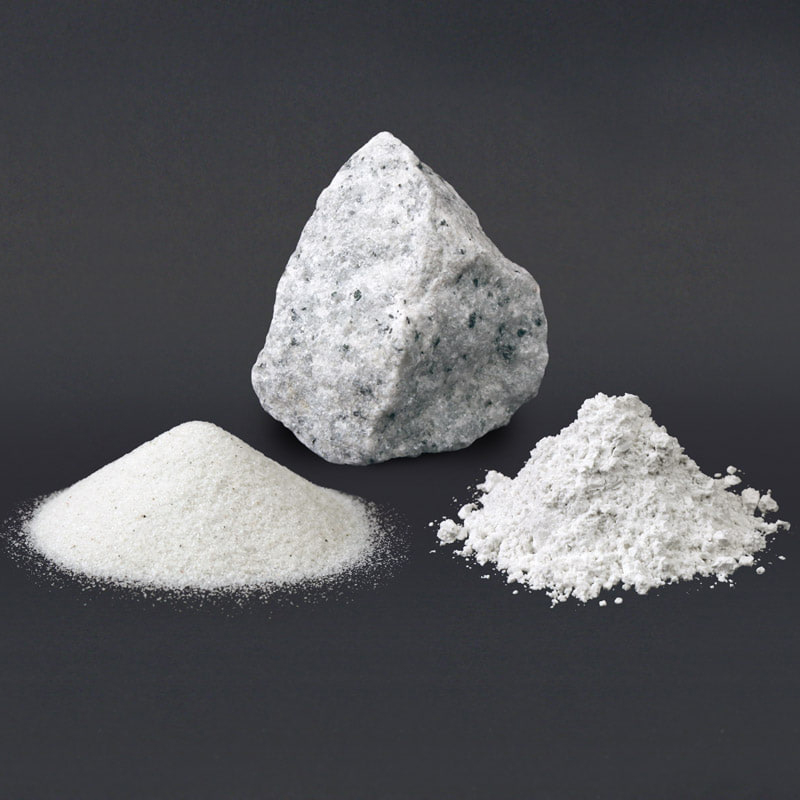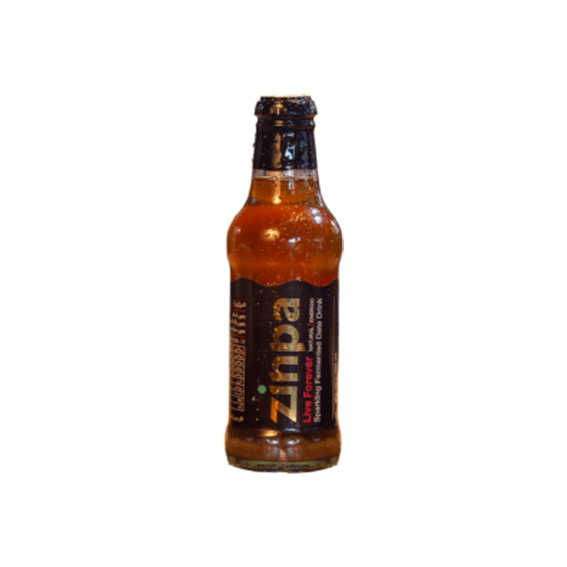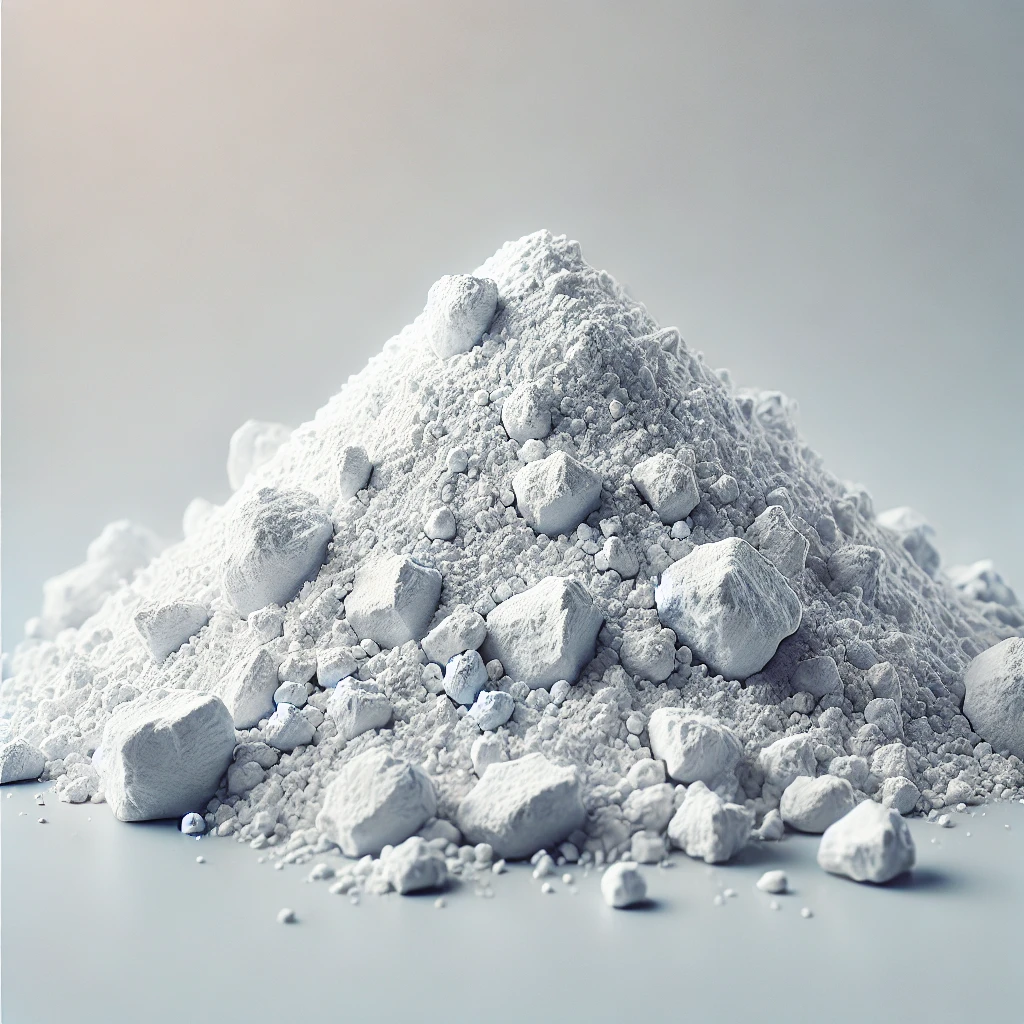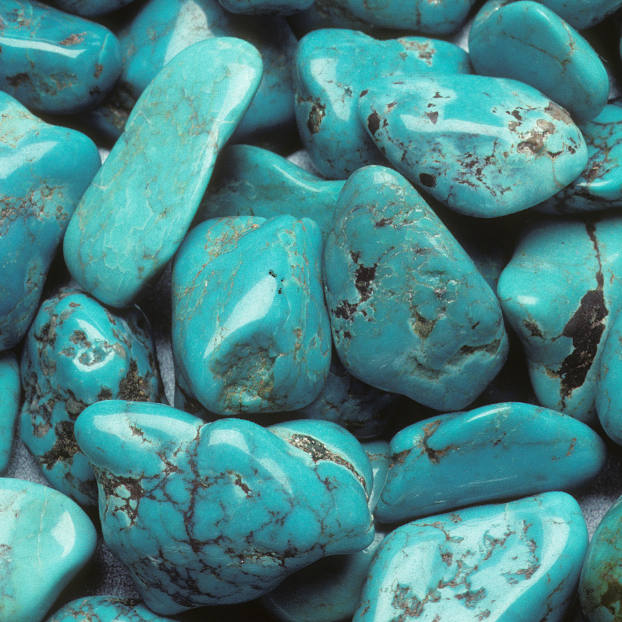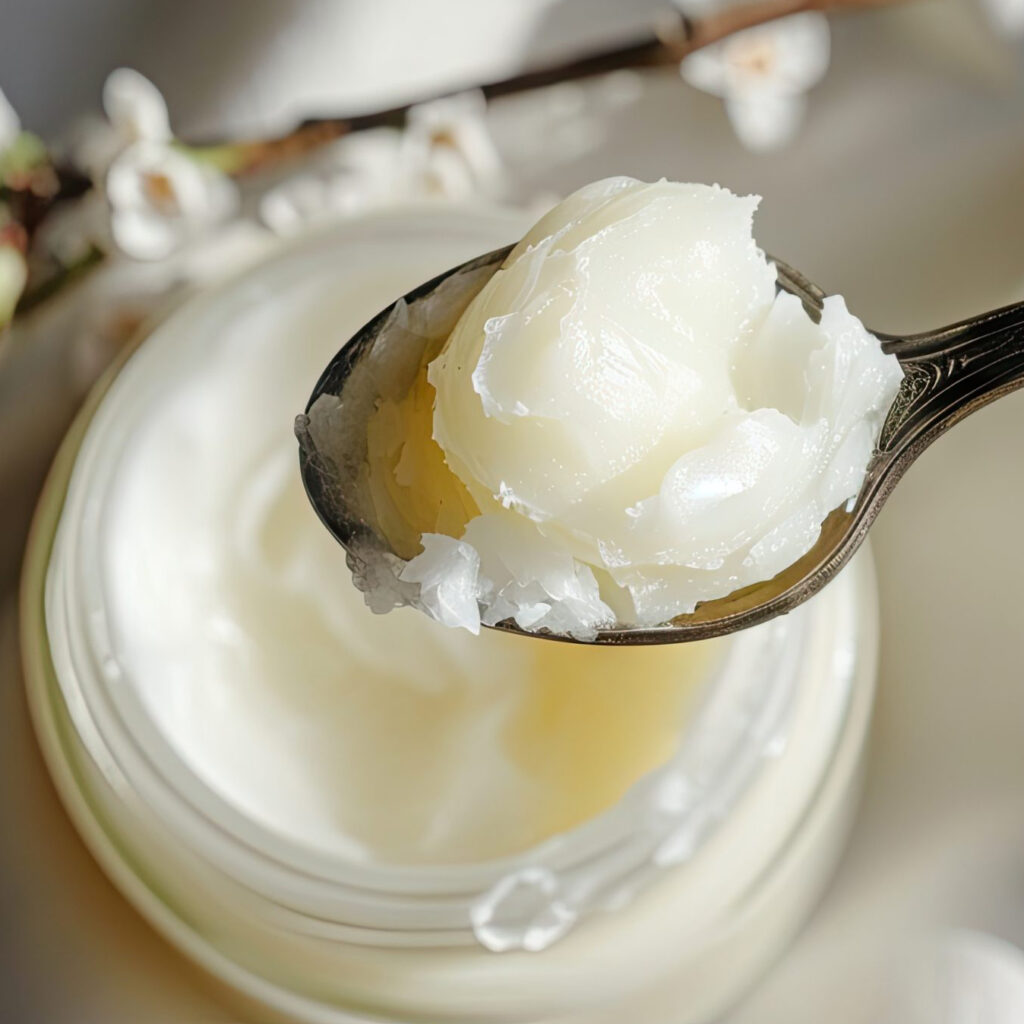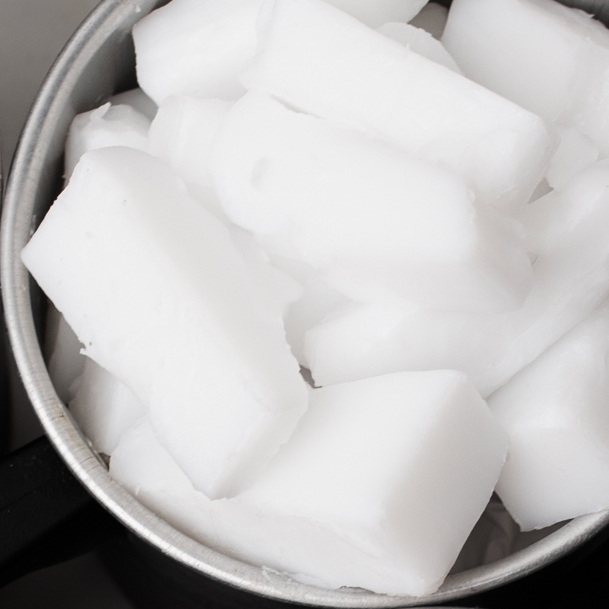Sodium carbonate (Na₂CO₃), also known as washing soda, soda ash, or soda crystals, is a white, water-soluble inorganic compound that occurs naturally or can be synthetically produced. It has a wide variety of uses in both industrial and household applications.
Key Properties:
-Chemical formula: Na₂CO₃
-Molecular weight: 105.99 g/mol
-Appearance: White crystalline powder or granules
-Solubility: Highly soluble in water, forming a strongly alkaline solution.
-pH: Sodium carbonate solutions are strongly alkaline, with a pH of about 11-12.
-Melting point: 851°C (1,564°F)
Common Uses:
1.Water softening: Used in laundry detergents to soften water by binding to calcium and magnesium ions.
2.Glass manufacturing: A key ingredient in glass production, where it lowers the melting point of silica.
3.Cleaning agent: Utilized as a cleaning agent for surfaces, especially for removing grease, oil, and wine stains.
4.pH regulation: In pools, sodium carbonate can raise the pH of water.
5.Chemical reactions: It is often used in the chemical industry for acid neutralization and as a reagent.
Health and Safety:
Sodium carbonate is generally safe to handle, but it can be irritating to the skin and eyes. Inhalation of dust should be avoided. Always follow safety precautions, such as wearing gloves and eye protection when handling large amounts.

